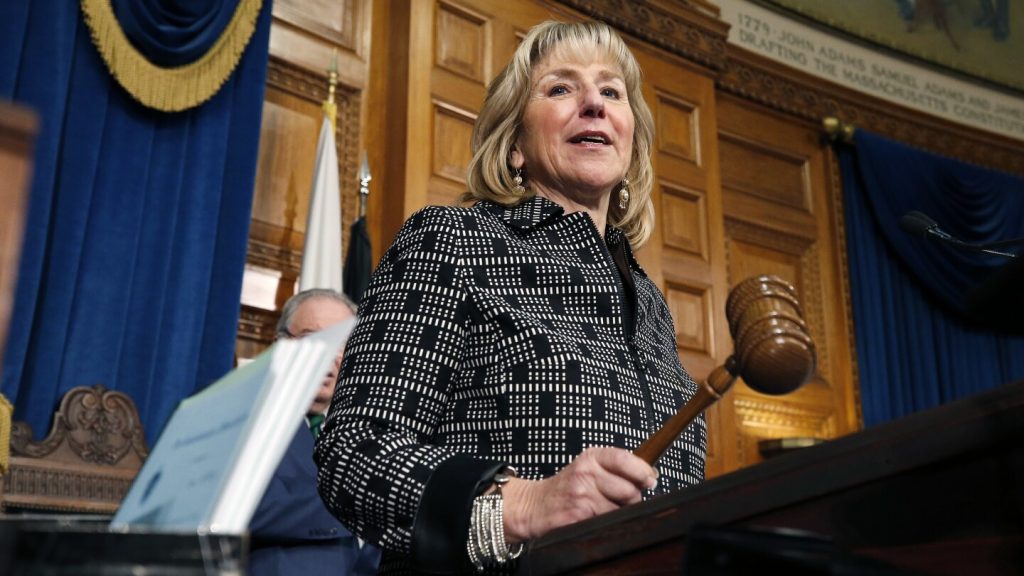The Massachusetts Senate has launched debate on its proposed $57.9 billion budget for the new fiscal year, which includes a plan to create tuition-free, universal community college for all residents. The plan, known as MassEducate, aims to increase the state’s workforce and expand opportunities for students across the state. It would set aside $75.5 million in new spending to cover tuition and fees, and offer a stipend of up to $1,200 for books, supplies, and other costs to students who make 125% or less of the median income in the state. The proposal also includes investments in programs such as free nursing programs at community colleges and free community college for residents over 25.
Senate President Karen Spilka emphasized the importance of investing in local talent and opening up opportunities for students to enter the workforce. The plan is designed to provide Massachusetts with a competitive edge by meeting the needs of employers who are looking for well-educated graduates. Students would be eligible for the free tuition and fees and the stipend starting from the fall semester if the proposal is included in the final budget plan. However, it is uncertain whether the proposal will be included, as the Massachusetts House did not include it in their version of the budget. Senate leaders will need to negotiate with the House to try to include the plan in the final spending plan sent to Governor Maura Healey.
The 15 community colleges in Massachusetts serve over 90,000 students, with about 70% attending part-time while managing work and family commitments. Nearly half of these students receive federal Pell grants. Under the Senate plan, these students would be eligible for a book stipend through state financial aid in addition to the stipend for books, supplies, and costs of attendance, totaling $2,400 per year. Critics of the plan caution that making community college free could result in unsustainable costs for taxpayers in the long run. Paul Diego Craney, a spokesman for the Massachusetts Fiscal Alliance, warned that making something free could lead to ballooning costs and leave taxpayers with financial obligations.
The Senate budget debate coincides with the success of the voter-approved “millionaire’s tax,” which has generated more than $1.8 billion in revenue for the current fiscal year, surpassing initial estimates. The tax imposes a 4% surtax on the portion of an individual’s annual income that exceeds $1 million and is intended for transportation and education initiatives. The additional tax revenues have been lauded by groups, including the Massachusetts Teachers Association, who pushed for the measure. The funds are seen as essential for school districts to hire and retain staff, provide fair wages for public educators, and ensure access to modern working conditions, including paid family leave.


